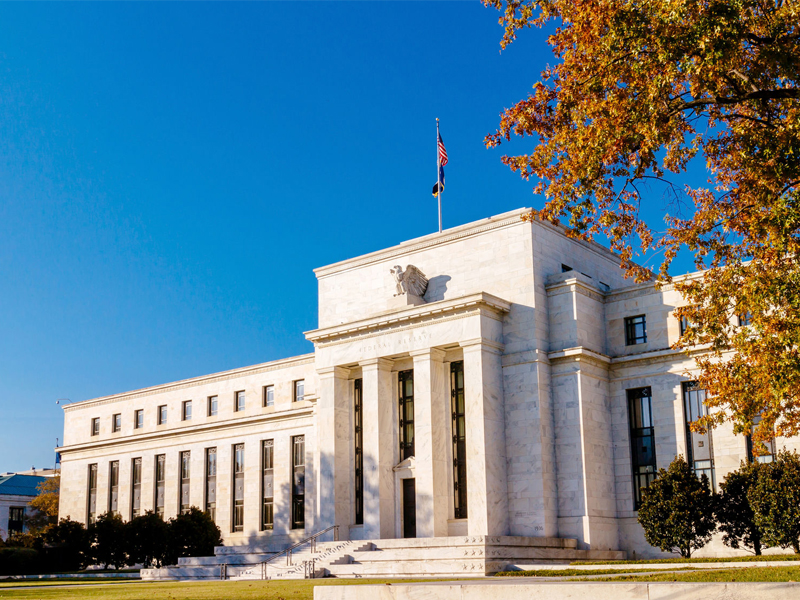
The latest Federal Reserve survey of U.S. economic activity found generally modest gains in August but also pessimism about the future given the threats posed by the coronavirus.
The Fed report made public Wednesday said that a theme echoed across the country is the continued uncertainty stemming from the pandemic and its negative effect on consumer and business activity.
The report, based on responses gathered before Aug. 24, found that economic activity had increased modestly from late July but remained well below levels seen before the pandemic hit in March.
The coronavirus outbreak has pushed the country into a deep recession and resulted in millions of people losing their jobs and thousands of businesses struggling to survive. This despite the Fed and Congress providing massive amounts of economic support.
The report, known as the Beige Book, was compiled from responses gathered from the Fed’s 12 regional banks. The information will help inform Fed policymakers when they next meet to set interest rate policies on Sept. 15-16.
At the Fed’s last meeting in July, the central bank kept its key policy rate unchanged at a record low near zero. It also pledged to keep rates low until central bank officials are “confident that the economy has weathered recent events” stemming from the pandemic-induced recession.
Last week, the Fed announced it had completed an 18-month review of its monetary policy and decided to switch from a 2% target for inflation to inflation averaging. Under the new system, the Fed will allow inflation to run above 2% for a time to make up for years in which it has failed to reach the Fed’s 2% target.
Economists believe this change makes it unlikely that the Fed will be tightening credit any time over at least the next two years.
Deficit to hit record high
The Congressional Budget Office said Wednesday that the U.S. federal budget deficit is projected to hit a record $3.3 trillion due to Covid-19 costs and the recession.
That’s more than triple the 2019 shortfall. The deficit projection was attributed to the coronavirus disruption of the economy and the cost of legislation enacted by Congress in response to the pandemic.